Jefferies Upgrades United Airlines to Buy Amid Industry Challenges
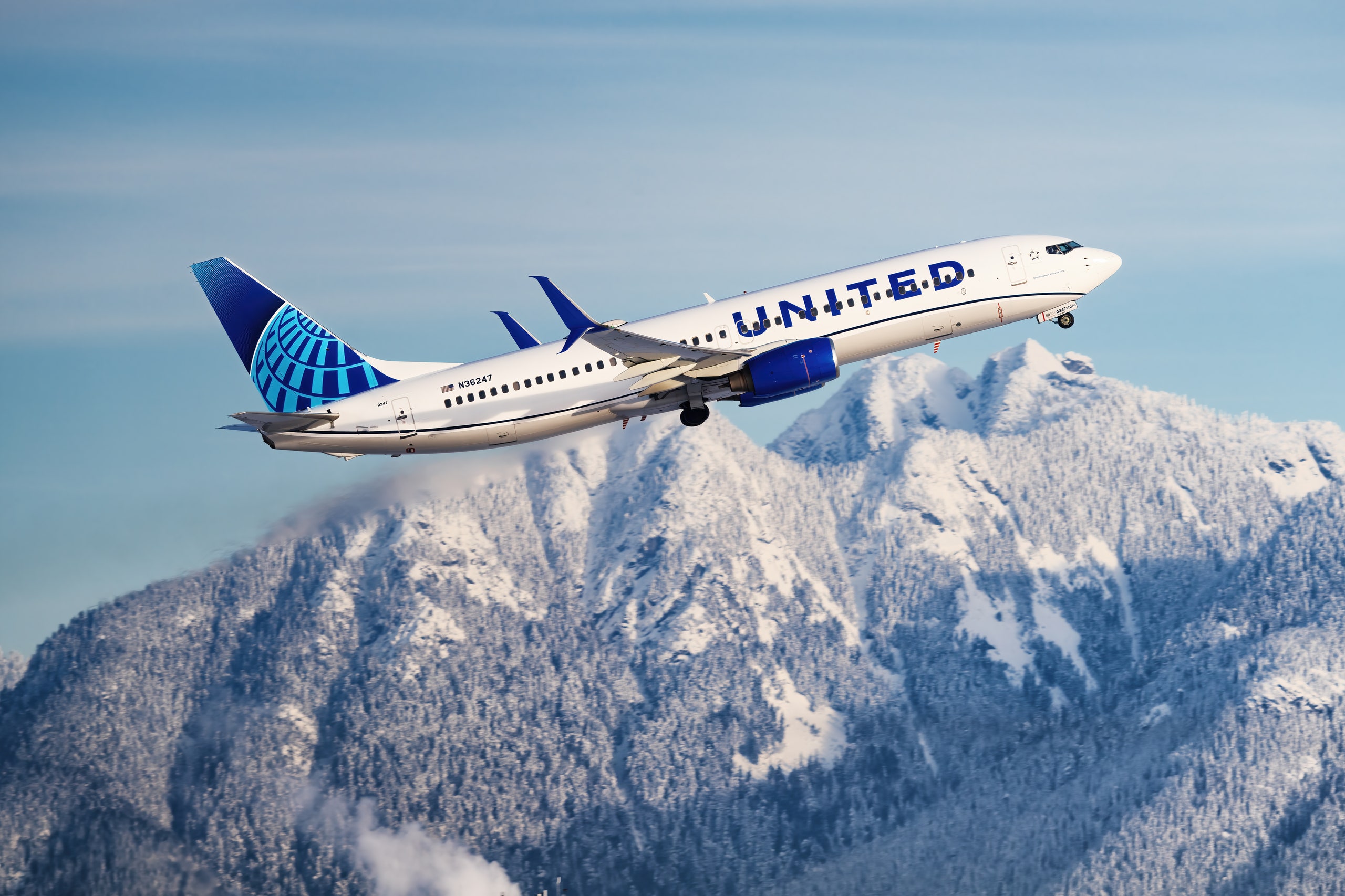
- Jefferies upgraded United Airlines to Buy from Hold, indicating a positive outlook on the airline's ability to navigate industry challenges.
- Despite the upgrade, United Airlines' stock experienced a slight decline, reflecting mixed market conditions and investor sentiments.
- The upcoming earnings report is highly anticipated, with projections showing a decrease in EPS but an increase in revenue, highlighting the operational challenges and growth opportunities for United Airlines.
Jefferies' recent upgrade of United Airlines (NASDAQ:UAL) to Buy from Hold signals a positive shift in the financial community's perception of the airline's prospects. United Airlines, a major player in the aviation industry, competes with other airlines to provide passenger and cargo transport services globally. This upgrade comes at a time when the airline industry is navigating through various challenges, including fluctuating fuel prices, changing consumer preferences, and regulatory changes. The upgrade by Jefferies suggests that United Airlines is well-positioned to outperform its peers and navigate these industry challenges effectively.
Despite the upgrade, United Airlines' stock experienced a slight decline, closing at $51.76, which is a 1.26% decrease from the previous session. This drop was notably sharper than the overall market downturn, with the S&P 500, Dow, and Nasdaq experiencing lesser declines. Over the past month, UAL's shares have also seen a minor decrease of 0.47%, underperforming the transportation sector and significantly lagging behind the S&P 500's gain. This performance indicates that while there may be optimism about United Airlines' future, current market conditions and investor sentiments are mixed.
Investors are closely watching United Airlines' financial health, especially with the upcoming earnings report. The company is expected to report an earnings per share (EPS) of $4.02, which would represent a 20.08% decrease from the same quarter last year. However, revenue forecasts are more positive, with an anticipated 8.03% increase to $15.32 billion from the prior-year quarter. These projections highlight the challenges and opportunities United Airlines faces in balancing operational costs with revenue growth in a competitive and dynamic market.
The airline's current trading position reflects broader market trends and investor reactions to both industry-specific news and general economic indicators. With a market capitalization of approximately $16.65 billion and a trading volume of 4,464,862 shares, United Airlines remains a significant entity in the airline sector. The stock's fluctuation between $50.43 and $51.93 during the trading session, along with its performance over the past year, underscores the volatility and uncertainty inherent in the airline industry.
Overall, the upgrade by Jefferies to a buy rating for United Airlines suggests confidence in the company's strategic direction and potential for future growth. However, the stock's recent performance and the mixed financial projections indicate that United Airlines, like many of its industry peers, is navigating a complex landscape with both headwinds and tailwinds affecting its trajectory.
| Symbol | Price | %chg |
|---|---|---|
| LTM.SN | 23.33 | 0 |
| 003490.KS | 23100 | 0 |
| 003495.KS | 23800 | 0 |
| GIAA.JK | 75 | 0 |
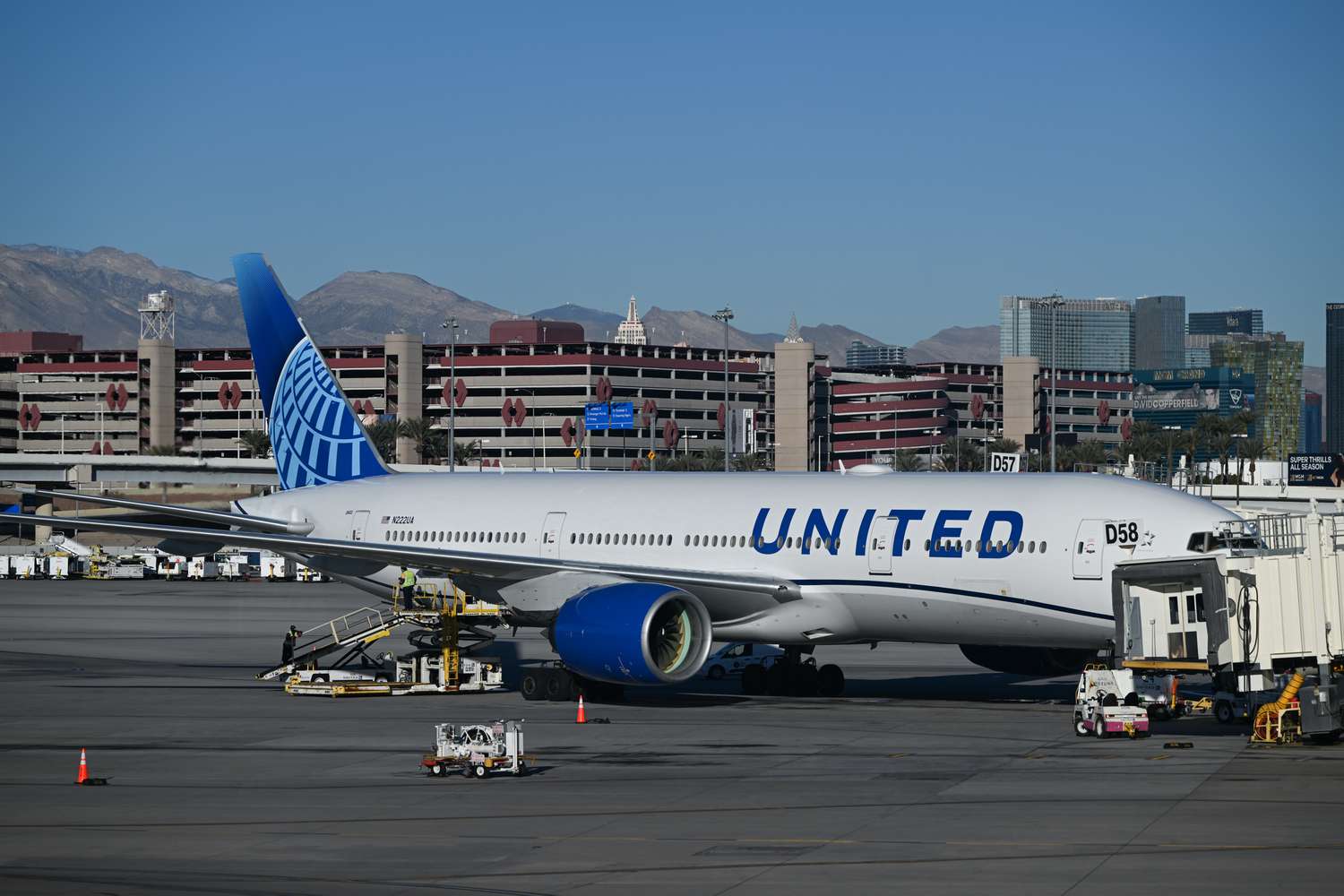
United Airlines Misses Revenue, Beats Profit, and Lifts Outlook Amid Demand Rebound
United Airlines (NASDAQ:UAL) reported second-quarter revenue that fell short of Wall Street expectations, sending shares down 3% in pre-market today. However, the company delivered better-than-expected earnings and issued a full-year profit forecast that suggests a stronger second half.
Revenue came in at $15.2 billion, missing the consensus estimate of $15.36 billion. Despite the top-line miss, adjusted earnings per share reached $3.87, beating forecasts by six cents and marking an improvement over the prior year.
For the full year, United projected adjusted earnings between $9.00 and $11.00 per share. The midpoint of that range aligns closely with the Street’s estimate of $10.16, while the high end signals potential upside.
CEO Scott Kirby noted a positive shift in demand starting in early July, with bookings accelerating by six percentage points. He pointed to airline schedules indicating a new industry supply inflection coming by mid-August, echoing a pattern seen last year.
Kirby also expressed optimism about the broader market backdrop, saying the world feels “less uncertain” now than during the first half of 2025—a sentiment fueling United’s confidence in a strong year-end performance.
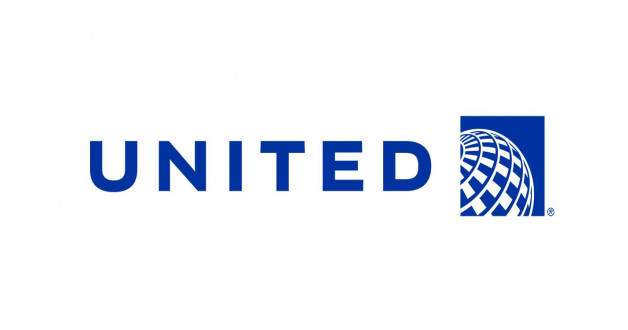
United Airlines Holdings, Inc. (NASDAQ:UAL) Analysts Show Growing Confidence
- The average target price for United Airlines Holdings, Inc. (NASDAQ:UAL) has increased from $92.29 to $98.5, indicating analyst optimism.
- Despite a positive trend in target prices, Evercore ISI analyst Duane Pfennigwerth sets a cautious price target of $50.
- United Airlines' investments in fleet modernization and sustainability are key factors driving positive analyst sentiment.
United Airlines Holdings, Inc. (NASDAQ:UAL) is a significant player in the global air transportation industry. The company offers passenger and cargo services across various continents, including North America, Asia, and Europe. Besides transportation, United Airlines provides catering, ground handling, training, and maintenance services. Headquartered in Chicago, Illinois, the company rebranded from United Continental Holdings, Inc. to its current name in June 2019.
The consensus price target for UAL has shown a positive trend over the past year. Analysts have gradually increased their target prices, reflecting growing confidence in the company's performance. The average target price rose from $92.29 last year to $98.5 last month. This suggests optimism about United Airlines' ability to navigate industry challenges and capitalize on growth opportunities.
Recent earnings reports have likely influenced the upward revision in target prices. United Airlines' strong financial performance, cost management, and strategic initiatives could have contributed to analysts' positive outlook. However, as highlighted by Evercore ISI, analyst Duane Pfennigwerth has set a lower price target of $50, indicating some caution in the market.
The airline industry is recovering from the COVID-19 pandemic, with increasing travel demand and easing restrictions. United Airlines' ability to adapt to these changes and capture market share may have bolstered analyst confidence. Despite this, there is a notable increase in bearish options activity surrounding the stock, suggesting mixed sentiments among investors.
United Airlines' investments in fleet modernization, sustainability efforts, and expansion into new markets are seen as positive factors driving the increase in target prices. However, the upcoming second-quarter earnings report is anticipated to be a significant indicator of the company's performance. Investors are advised to prepare for key expectations surrounding United Airlines' financial results.
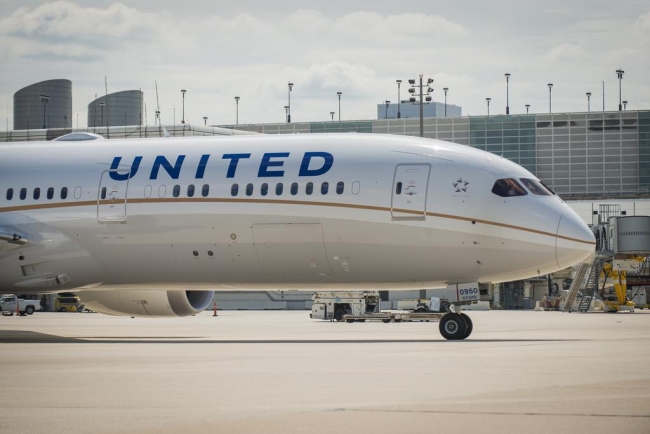
United Airlines Holdings, Inc. (NASDAQ:UAL) Overview and Financial Outlook
- Barclays analyst Brandon Oglenski sets a price target of $94 for NASDAQ:UAL, indicating a potential increase of about 5.69%.
- United Airlines anticipates a decrease in earnings per share to $3.88 but expects quarterly revenue to rise to $15.33 billion.
- The company's stock has seen a year-high of $116 and a low of $37.02, with a current market capitalization of approximately $29.05 billion.
United Airlines Holdings, Inc. (NASDAQ:UAL) is a major American airline company, known for its extensive fleet and comprehensive flight services. It operates a large domestic and international route network, with a significant presence in the Asia-Pacific region. United competes with other major airlines like Delta Air Lines and American Airlines.
On July 15, 2025, Brandon Oglenski from Barclays set a price target of $94 for UAL. At that time, the stock was trading at $88.94, suggesting a potential price increase of about 5.69%. This target reflects optimism about United's future performance, despite some challenges in earnings.
United Airlines is set to release its second-quarter earnings results on July 16. Analysts expect earnings of $3.88 per share, down from $4.14 per share in the same period last year. Despite this decrease, the company anticipates an increase in quarterly revenue to $15.33 billion, up from $14.99 billion the previous year.
On May 29, UAL shares rose by 1.4%, closing at $88.94. The current stock price remains at $88.94, marking a 1.43% increase or $1.25. Today, the stock has fluctuated between $86.52 and $89.04. Over the past year, UAL has seen a high of $116 and a low of $37.02.
United Airlines' market capitalization is approximately $29.05 billion. The trading volume for UAL today is 5,846,654 shares on the NASDAQ exchange. This data highlights the stock's activity and investor interest as the company prepares to release its earnings report.
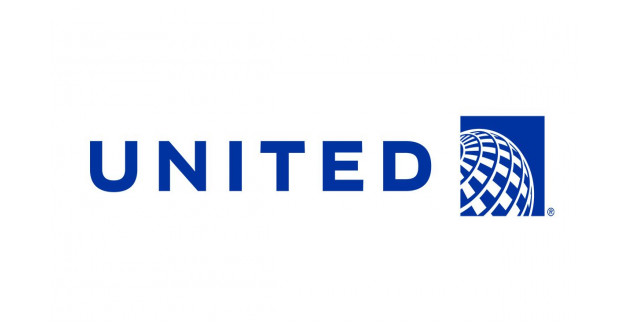
United Airlines Holdings, Inc. (NASDAQ:UAL) Maintains "Buy" Rating and Anticipates Earnings Release
- UBS maintains a "Buy" rating for United Airlines Holdings, Inc. (NASDAQ:UAL) with a stock price of $88.94.
- Analysts expect a decrease in earnings per share to $3.88 but predict an increase in quarterly revenue to $15.33 billion.
- United Airlines' market capitalization stands at approximately $29.05 billion, with a trading volume of 5,846,654 shares.
United Airlines Holdings, Inc. (NASDAQ:UAL) is a major American airline company, operating a large domestic and international route network, with an extensive presence in the Asia-Pacific region. Competing with other major airlines like Delta Air Lines and American Airlines, United Airlines has been a significant player in the aviation industry. On July 15, 2025, UBS maintained its "Buy" rating for UAL, with the stock priced at $88.94.
United Airlines is set to release its second-quarter earnings results on July 16, 2025. Analysts expect earnings of $3.88 per share, down from $4.14 per share in the same period last year. Despite this decrease, the company anticipates an increase in quarterly revenue to $15.33 billion, up from $14.99 billion a year earlier.
On May 29, United Airlines shares rose by 1.4%, closing at $88.94. The current stock price remains at $88.94, reflecting a 1.43% increase or $1.25. Today, the stock has traded between $86.52 and $89.04. Over the past year, UAL has seen a high of $116 and a low of $37.02.
United Airlines' market capitalization is approximately $29.05 billion. The trading volume for UAL today is 5,846,654 shares on the NASDAQ exchange. This data highlights the stock's activity and investor interest as the company prepares to release its earnings report.
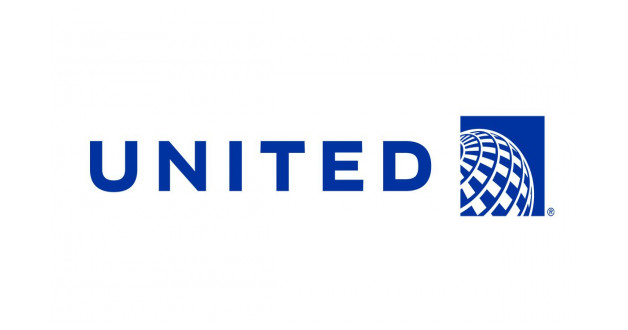
United Airlines Holdings, Inc. (NASDAQ:UAL) Quarterly Earnings Preview
- Earnings Per Share (EPS) Estimate: Wall Street analysts have set an EPS estimate of $3.86 for United Airlines' upcoming quarterly earnings.
- Revenue Projections: The company's revenue for the quarter is projected to be around $15.3 billion.
- Financial Metrics: United Airlines has a price-to-earnings (P/E) ratio of approximately 8.09 and a price-to-sales ratio of about 0.50, indicating a relatively low valuation compared to its earnings.
United Airlines Holdings, Inc. (NASDAQ:UAL) is a major player in the airline industry, providing air travel services across the globe. As the company prepares to release its quarterly earnings on July 16, 2025, Wall Street analysts have set an earnings per share (EPS) estimate of $3.86. The company's revenue for the quarter is projected to be around $15.3 billion.
The third quarter earnings season has begun, with significant reports expected from major companies like United Airlines, JPMorgan Chase, and TSMC. United Airlines' earnings report for the quarter ending June 2025 is highly anticipated. Analysts predict a 6.8% decline in EPS compared to the same period last year, despite a 2.5% increase in revenue to $15.3 billion.
Over the past month, there has been a 5.4% downward revision in the consensus EPS estimate for United Airlines. This adjustment reflects analysts' reassessment of their initial forecasts. Such revisions are important as they often predict potential investor actions regarding the stock. Empirical research shows a strong correlation between trends in earnings estimate revisions and short-term stock price performance.
Despite the challenging macroeconomic environment, United Airlines has a strong track record of surpassing earnings expectations. The company has outperformed the Zacks Consensus Estimate in each of the last four quarters, with an average beat of 10.34%. The airline's performance in the second quarter may have been influenced by tariffs, but low oil prices could help mitigate some cost pressures.
United Airlines' financial metrics provide insight into its valuation and financial health. The company has a price-to-earnings (P/E) ratio of approximately 8.09, indicating a relatively low valuation compared to its earnings. The price-to-sales ratio is about 0.50, suggesting that investors are paying 50 cents for every dollar of sales. However, the debt-to-equity ratio is about 2.61, highlighting a higher level of debt compared to equity, which may pose challenges.
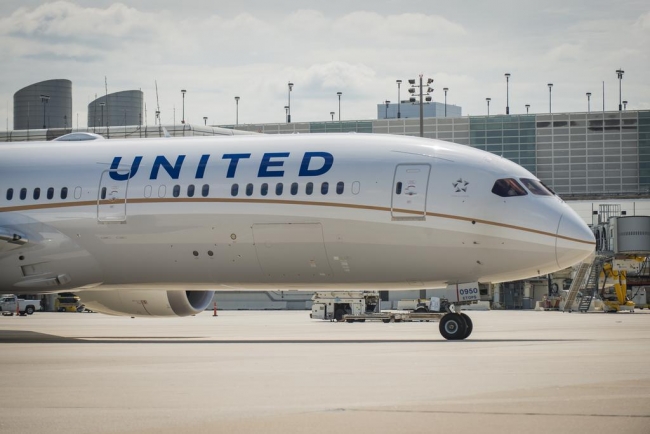
United Airlines Holdings, Inc. (NASDAQ:UAL) Analyst Price Target Fluctuations
- Recent analyst consensus set an average price target of $69.50 for United Airlines Holdings, Inc. (NASDAQ:UAL), reflecting a conservative outlook amidst market volatility.
- Three months ago, analysts had a more optimistic average price target of $102.25, influenced by a significant surge in UAL's share price.
- The variability in price targets over time highlights the impact of market conditions and United Airlines' financial performance on analyst expectations.
United Airlines Holdings, Inc. (NASDAQ:UAL) is a major player in the airline industry, providing air transportation services across the globe. The company operates a large fleet and serves numerous destinations, competing with other industry giants like Delta Air Lines and American Airlines. Recently, UAL has experienced fluctuations in its consensus price target, reflecting changing analyst sentiments.
Last month, analysts set an average price target of $69.50 for UAL, indicating a more conservative outlook. This comes amid a volatile market environment, as highlighted by a recent 11.4% drop in UAL's share price. The decline was influenced by market reactions to Delta Air Lines' earnings report, which also saw Delta's shares fall by 11.14%. Such industry-wide impacts can affect analysts' short-term expectations.
Three months ago, the average price target for UAL was significantly higher at $102.25. This optimistic view may have been influenced by a 26.1% surge in UAL's share price during a trading session, driven by above-average trading volume. However, despite this increase, current earnings estimate revisions do not suggest sustained strength, as noted by analyst Duane Pfennigwerth from Evercore ISI, who has set a price target of $50.
A year ago, the average price target for UAL was $84.64, showing variability in analysts' expectations over time. This variability can be attributed to factors such as United Airlines' financial performance and broader economic conditions. As UAL prepares to release its earnings report next week, investors are keenly watching for insights that could influence future price targets.
In the context of credit card rewards, the Chase Trifecta offers significant value for travelers, including those who frequently fly with United Airlines. The ability to transfer points to partners like UAL enhances their value by 25% through Chase’s portal, making it an attractive option for travel enthusiasts. This aligns with the importance of understanding and leveraging financial tools to maximize benefits, especially in a dynamic market environment.

United Airlines Holdings, Inc. (NASDAQ:UAL) Analyst Price Target Fluctuations
- Recent analyst consensus set an average price target of $69.50 for United Airlines Holdings, Inc. (NASDAQ:UAL), reflecting a conservative outlook amidst market volatility.
- Three months ago, analysts had a more optimistic average price target of $102.25, influenced by a significant surge in UAL's share price.
- The variability in price targets over time highlights the impact of market conditions and United Airlines' financial performance on analyst expectations.
United Airlines Holdings, Inc. (NASDAQ:UAL) is a major player in the airline industry, providing air transportation services across the globe. The company operates a large fleet and serves numerous destinations, competing with other industry giants like Delta Air Lines and American Airlines. Recently, UAL has experienced fluctuations in its consensus price target, reflecting changing analyst sentiments.
Last month, analysts set an average price target of $69.50 for UAL, indicating a more conservative outlook. This comes amid a volatile market environment, as highlighted by a recent 11.4% drop in UAL's share price. The decline was influenced by market reactions to Delta Air Lines' earnings report, which also saw Delta's shares fall by 11.14%. Such industry-wide impacts can affect analysts' short-term expectations.
Three months ago, the average price target for UAL was significantly higher at $102.25. This optimistic view may have been influenced by a 26.1% surge in UAL's share price during a trading session, driven by above-average trading volume. However, despite this increase, current earnings estimate revisions do not suggest sustained strength, as noted by analyst Duane Pfennigwerth from Evercore ISI, who has set a price target of $50.
A year ago, the average price target for UAL was $84.64, showing variability in analysts' expectations over time. This variability can be attributed to factors such as United Airlines' financial performance and broader economic conditions. As UAL prepares to release its earnings report next week, investors are keenly watching for insights that could influence future price targets.
In the context of credit card rewards, the Chase Trifecta offers significant value for travelers, including those who frequently fly with United Airlines. The ability to transfer points to partners like UAL enhances their value by 25% through Chase’s portal, making it an attractive option for travel enthusiasts. This aligns with the importance of understanding and leveraging financial tools to maximize benefits, especially in a dynamic market environment.







